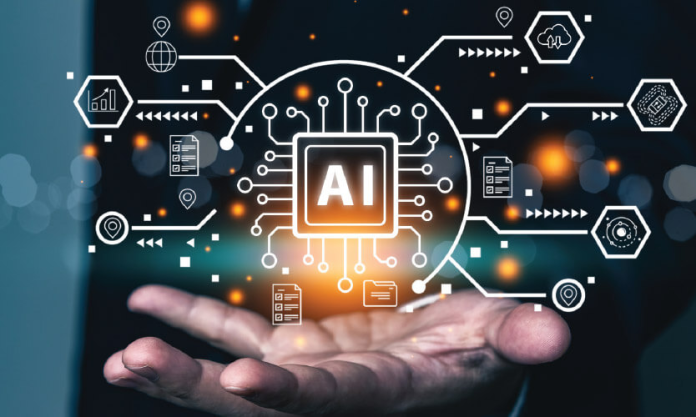The United Nations has launched a global search for 40 leading experts to form the world’s first Independent International Scientific Panel on Artificial Intelligence (AI), marking the organization’s most ambitious attempt to coordinate international response to rapidly advancing AI technologies.
Secretary-General António Guterres announced the open call for candidates on Thursday, emphasizing the panel’s role as what he described as “the world’s early warning system and evidence engine” for artificial intelligence developments. The initiative represents the UN’s recognition that AI governance cannot be left to individual nations or technology companies alone.
The panel was formally established through UN General Assembly Resolution A/RES/79/325 on August 26, 2025, following extensive intergovernmental negotiations and broad consultations. This makes it the first global scientific body specifically dedicated to artificial intelligence assessment, positioning it as a potential game-changer for international AI coordination.
What makes this particularly significant isn’t just the panel’s creation—it’s the timing and scope of its mandate. The 40 experts will serve three-year terms beginning in 2026 in their personal capacity, providing non-remunerated service to deliver impartial, evidence-based assessments on AI’s opportunities, risks, and global impacts.
Guterres positioned the panel as crucial infrastructure for separating “signal from noise, and foresight from fear” in AI development, acknowledging how rapidly evolving AI capabilities have outpaced regulatory frameworks worldwide. The panel’s assessments will inform policy decisions across member states while providing authoritative guidance for businesses and civil society organizations.
The application process runs through October 31, 2025, with the UN emphasizing that selected members must represent balanced expertise across sectors and regions. This geographic and professional diversity requirement reflects the global nature of AI adoption and its varying impacts across different economic and social contexts.
The panel’s establishment comes amid unprecedented AI investment and development activity. Major technology companies continue announcing breakthrough capabilities in generative AI, autonomous systems, and machine learning applications, while governments struggle to develop appropriate regulatory responses. The UN initiative aims to provide independent scientific assessment separate from both commercial interests and national policy preferences.
The panel will present its annual reports at the Global Dialogue on AI Governance, scheduled for July 2026 in Geneva and 2027 in New York, creating formal mechanisms for translating scientific findings into policy discussions among UN member states.
The initiative addresses growing concerns about AI’s potential to exacerbate global inequalities rather than reduce them. The UN emphasized that the technology should “bridge divides rather than deepen them, strengthen trust across borders, and keep humanity at the center of technological progress,” according to official statements.
But the panel faces significant challenges from the start. AI development continues accelerating while international consensus on governance principles remains limited. Different regions approach AI regulation with varying priorities—the European Union emphasizes rights-based frameworks, while other jurisdictions focus on innovation promotion or national security considerations.
The panel’s independence will be tested immediately by competing pressures from governments, technology companies, and advocacy groups, all seeking to influence its assessments. Success will depend on recruiting experts with sufficient credibility and diverse perspectives to maintain legitimacy across these different stakeholder communities.
Technical expertise requirements span multiple disciplines beyond computer science, including ethics, economics, international law, and social sciences. This interdisciplinary approach recognizes that AI’s impacts extend far beyond technical capabilities into fundamental questions about human agency, economic distribution, and social organization.
The UN’s approach contrasts with existing AI governance initiatives, which tend to focus on specific applications or regional coordination. The panel aims to provide comprehensive global assessment capability that can inform coordinated international responses to emerging AI developments.
Financial sustainability represents another practical challenge. While expert service remains uncompensated, the panel requires substantial administrative support and research resources to produce authoritative assessments. The UN must secure adequate funding while maintaining independence from potential commercial or governmental influence.
The panel’s first reports will arrive amid intensifying debates about AI safety, economic disruption, and geopolitical competition. Major powers increasingly view AI capabilities as strategic advantages, complicating international cooperation efforts that require information sharing and coordinated governance approaches.
Success could establish precedent for international scientific cooperation on emerging technologies. The panel model might prove applicable to other rapidly advancing fields where technical developments outpace policy responses, from biotechnology to quantum computing.
The October 31 application deadline means potential panel members have approximately one month to prepare comprehensive applications demonstrating expertise and commitment to independent scientific assessment. The selection process will likely prove highly competitive given the panel’s historic significance and global visibility.
Source: newsghana.com.gh










